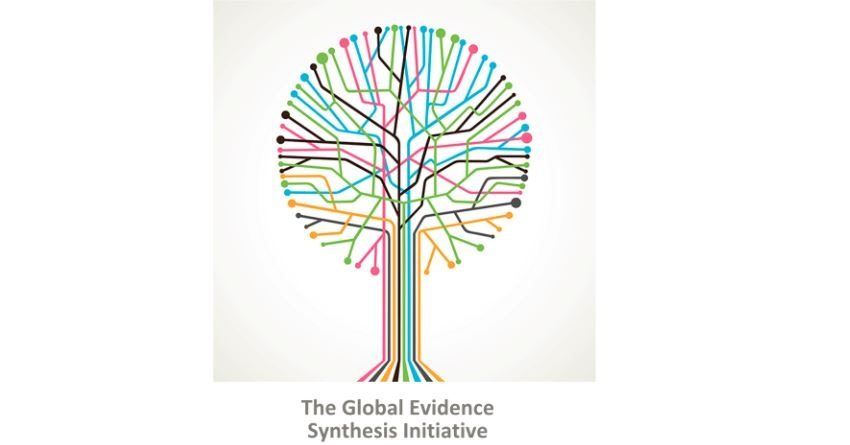
We are now a member of the Global Evidence Synthesis Initiative (GESI) network
The GESI Network membership will allow us to share expertise, experiences and collaborate with other members to conduct evidence synthesizes in various disciplines and help expand our role in generating evidence to support decision making in policy and practice, both locally in India and globally in other Low and Middle Income Countries (LMICs).
The Global Evidence Synthesis Initiative (GESI) was launched to enhance the limited capacity in Low- and Middle-Income Countries (LMICs) in synthesizing evidence, and using synthesized evidence to support policy and practice.
Following an open call to join the GESI Network, 47 centers submitted their Expression of Interest. On June 1st, the GESI Secretariat announced the 38 Centers from 24 low middle income countries eligible for the membership of the GESI Network.
We have collaborated with many international organisations in the past to conduct research in similar LMIC settings including China, Vietnam, India, the Philippines and Thailand. Our team of expert researchers are globally renowned for their work in evidence synthesis. The research program is in line with best practice in research methods, implementation science and public health.
Our dedicated clinical trials unit excels in conducting high quality clinical trials globally and facilitates evidence generation of the highest quality.
Being part of this global initiative will also provide us with resources to facilitate growth in the centre’s output in evidence synthesis on priority healthcare issues pertaining to low and middle income countries.
Dr. Jagnoor Jagnoor, Head of our Injury program India says, “For several key stakeholders in health, such as practitioners, policy makers, the evidence is vague for action. Through initiatives such as GESI, there is an opportunity for human resource development in evidence synthesis, which will reduce research waste and enable evidence based changes in health”
Dr. Devesh Oberoi, Senior Research Fellow with our Research division says, “We aim to expand our footprint with this membership and help generate and synthesise robust evidence that can help in the management of NCDs in low and middle income countries.”
Dr. Pallab Maulik, our Head of our Research division says, “We are now aiming to strengthen our capacity internally and build capacity within the Indian sub-continent for evidence synthesis by providing regular training to researchers and clinicians.”
We have a strong history of academic publication and dissemination of research findings to community partners, with a focus on sustainable implementation of global epidemics, particularly the non-communicable diseases and injury among the disadvantaged populations in South Asia and Australasia

